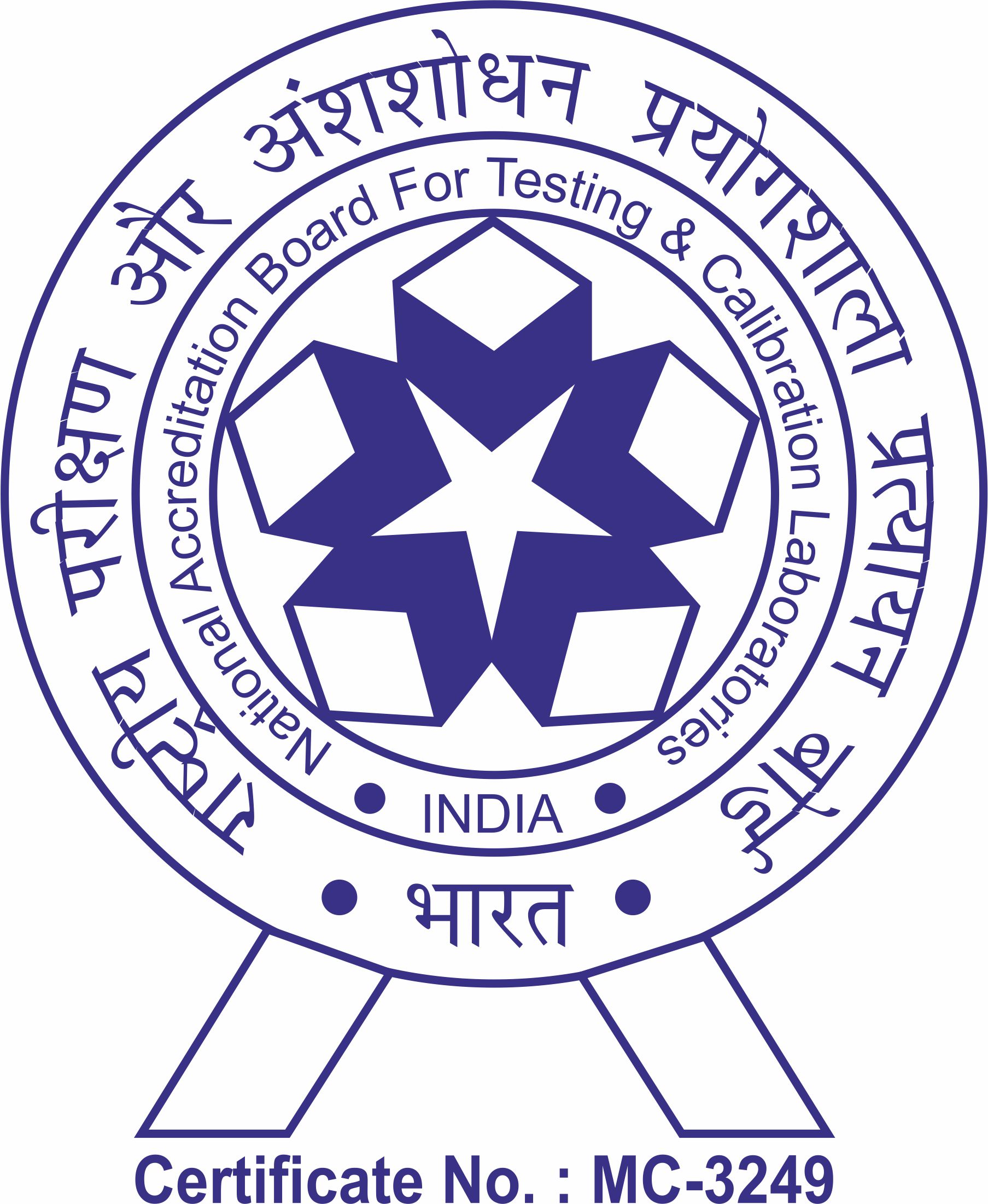WHAT IS TUBERCULOSIS (TB)?
Tuberculosis or TB (scientific name- Mycobacterium Tuberculosis) is caused by bacteria which affects the lungs. It is a bacterial infection spread through inhaling of tiny droplets from cough or sneeze of an infected person.
It is a very serious condition but it is curable and preventable. While TB generally affects lungs but also affects other parts of the body. When the infection show no symptoms it is known as latent tuberculosis. Almost 10% of the latent infections if left untreated leads to death of the victim.
HOW TUBERCULOSIS (TB) SPREAD?
Tuberculosis is spread from one active TB patient to another through cough, spit or sneeze. People who have latent TB are not the ones through whom the disease is spread.
According to the World Health Organization (WHO), tuberculosis is one of the top 10 causes of death worldwide. Almost 10 million people fell ill with TB globally in 2019. WHO has also stated that TB is present in all countries among all age groups. Child and adolescent TB is often overlooked by health providers and can be difficult to diagnose and treat.
At Shree Aggarsain International Hospital we have a very dynamic 500 bed setup and we offer world class medical services with State-Of-The-Art support services under guidance of experiences and renowned doctors and trained nursing and paramedical facilities. We have planned to provide world class patient care to match international standards. Along with this new innovations will be incorporated from time to time.
TYPES OF TUBERCULOSIS
The infectious disease TB typically affects the lungs and can evolve in various body parts. Pulmonary TB is the one which affects the lungs while Extrapulmonary TB is outside the lungs.
It is categorized as active or latent. Active TB is contagious and shows symptoms while latent TB does not show symptoms and is not contagious.
SYMPTOMS OF TUBERCULOSIS
The Tuberculosis symptoms depend on where the infection has occurred. It is developed slowly which might not be detected until months or even years after you have been affected. Majorly the following symptoms occur-
1. Lack of appetite and weight loss
2. High temperature (fever)
3. Night sweats
4. Extreme tiredness or fatigue
ADDITIONAL SYMPTOMS
- Pulmonary TB affects the lungs which can cause persistent cough which lasts for more than three weeks and brings up phlegm which can be bloody. It can also lead to breathlessness which can get worse.
- Extrapulmonary TB infection develops on the outer areas of the lungs such as lymph nodes, bones and joints, digestive system, the bladder and reproductive system and nervous system. Extrapulmonary TB is common in people with weakened immune system such as those suffering from HIV.
The symptoms of Extrapulmonary TB are
- Swollen glands
- Pain in abdominal
- Pain and loss of movement
- Headache
- Seizures (fits)
WHO IS AT THE MOST RISK
Anyone can catch the infectious disease but the following people are at higher risk.
- People who have spent time in a country or area with a high level of TB cases.
- Those who are in close contact with an infected person.
- Those who live in crowded conditions
- People who have a weak immune system
- People who are going through treatments like chemotherapy or others which can weaken the immune system.
- Elderly people with weak immune systems
- People consuming and misusing drugs and alcohol.
PREVENTING THE SPREAD OF TB INFECTION
If you have been diagnosed with TB, then you will be contagious up to two or three weeks into your course of treatment. You can take these basic precautions to stop the spread-
- Do not leave the house for work, school or college until your doctor has advised you to.
- Cover your mouth with a disposable tissue while coughing or sneezing.
- Dispose tissues in a sealed plastic bag.
- Do not sleep in the same room as others when you have a cold or cough.
WORLD TB DAY
Every year world TB day is commemorated on March 24 to spread awareness among the public about the social, economic and devastating health consequences of TB. The efforts are to end the global TB epidemic. 24th March is the world TB day to mark the date on which Dr Robert Koch in 1882 announced that he had discovered a bacteria that causes TB which commenced the diagnosing and curing of the disease.
The theme of the 2021 Tuberculosis Day is “The Clock is Ticking” which shows that the world is running out of time to end the TB epidemic.
TUBERCULOSIS TREATMENT
The Bacille Calmette Guerin (BCG) is a vaccine developed for TB disease. The vaccine is considered for children who have negative TB Test.
The vaccine for health care workers is considered on an individual basis.
People who have been BCG-vaccinated may receive a TB skin test to test for TB infection. There might be a positive reaction to a TB skin test, which may be due to BCG vaccine itself or due to infection with TB bacteria.



.png)